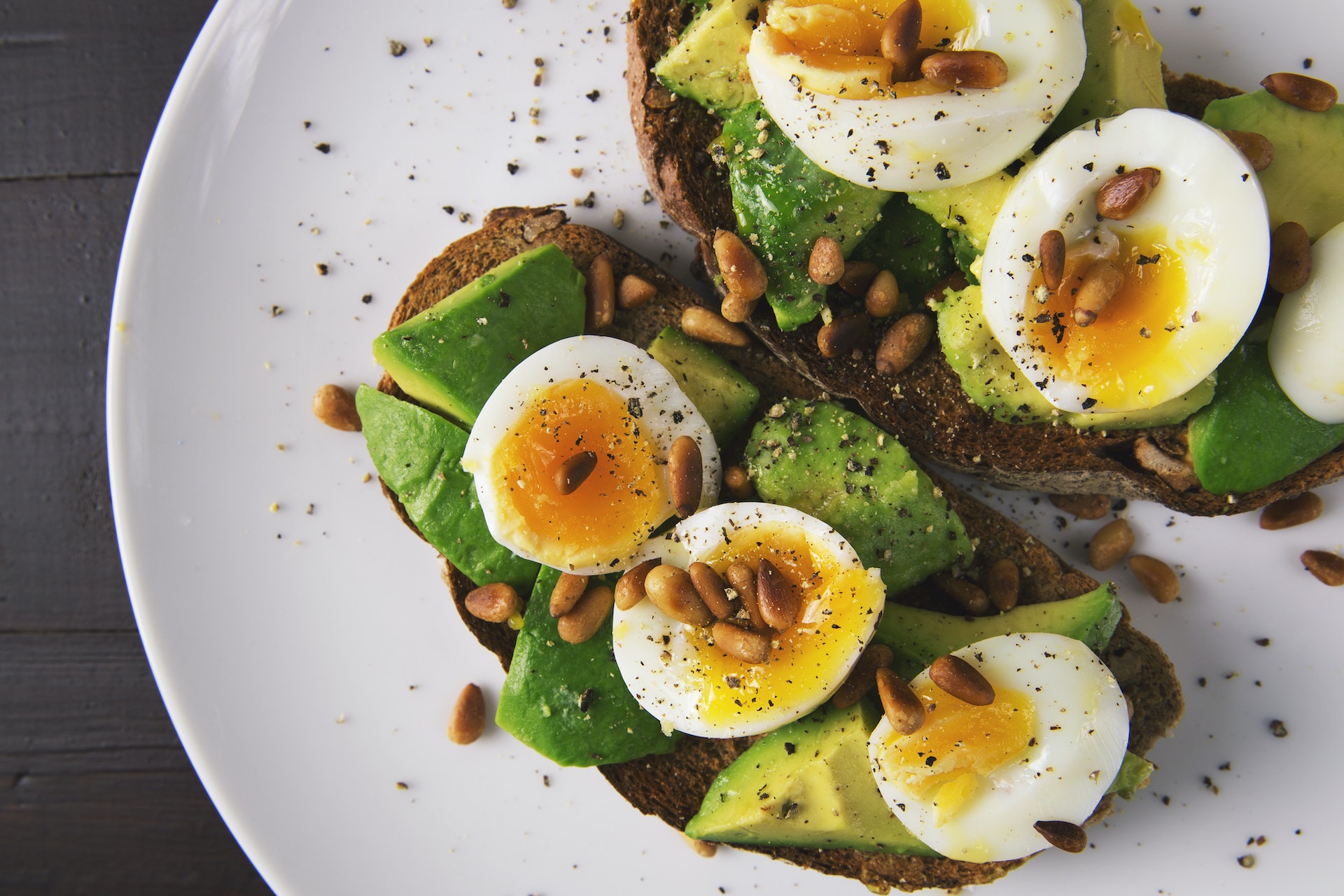
Protein supplementation is essential in the process of weight loss.
Protein not only helps increase satiety and reduce total calorie intake, but also helps maintain muscle mass.
Protein can also promote metabolism and increase calorie consumption.
A moderate intake of protein at each meal can effectively control hunger and prevent overeating.








A healthy breakfast is a crucial meal during weight loss.
Choosing foods rich in protein, fiber, and healthy fats can provide sufficient energy, increase satiety, and prevent hunger before lunch.
Oats, yogurt, nuts, eggs, and whole-wheat bread are all good choices for a healthy breakfast.
Avoiding high-sugar and high-fat breakfast foods, such as donuts and fried foods, can reduce unnecessary calorie intake.
By properly matching a nutritious breakfast, you can lay a good foundation for a day’s weight loss journey.


